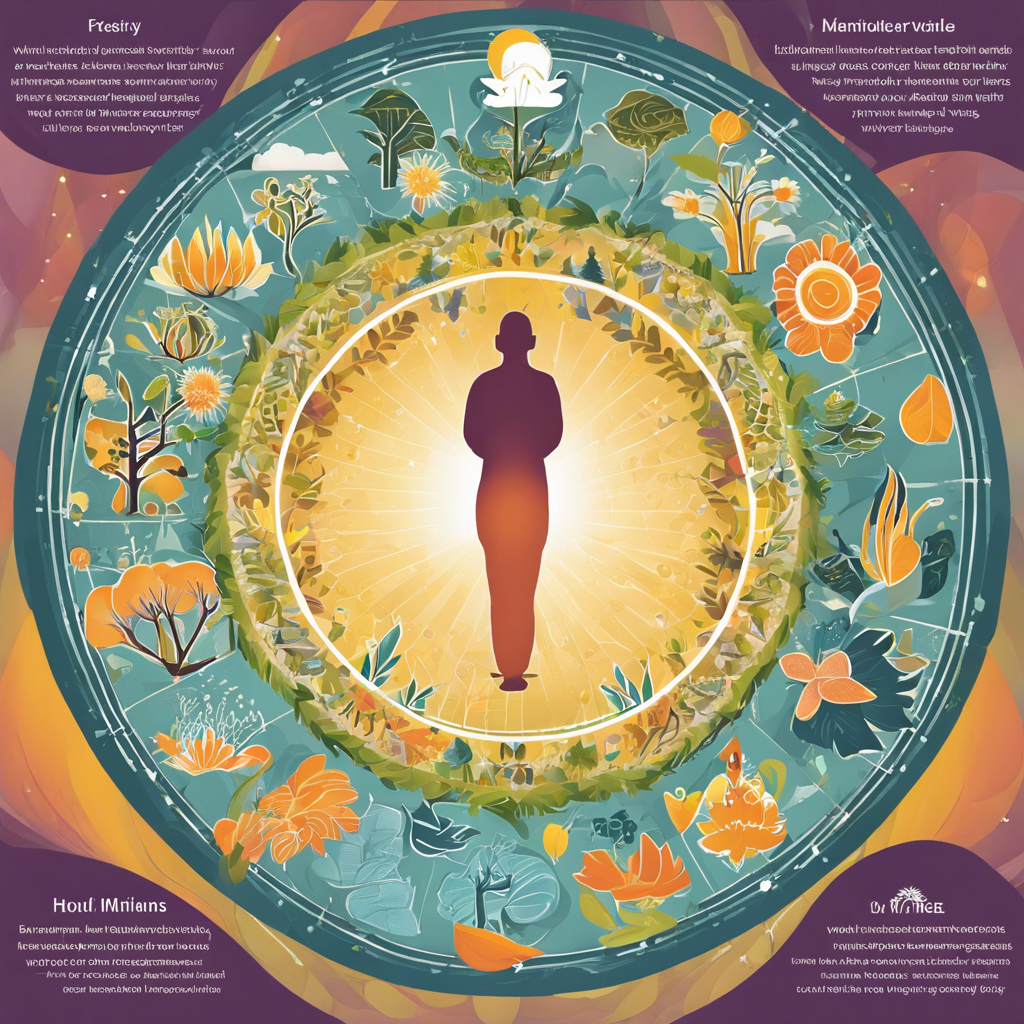# Holistic Approaches to Mental Well-being: Exploring Mind, Body, and Spirit
In today’s fast-paced and often stressful world, prioritizing mental well-being is essential. More and more individuals are turning to holistic approaches that consider the interconnectedness of mind, body, and spirit. Holistic mental health care focuses on treating the whole person rather than just the symptoms, and it offers a range of benefits, from improved mood and reduced stress to enhanced overall well-being.
One of the key aspects of holistic mental well-being is the recognition that emotional and physical health is deeply intertwined. For example, regular exercise is not only beneficial for physical health but also has a positive impact on mental clarity, mood, and stress levels. Similarly, a nutritious diet not only fuels the body but also provides the brain with the essential nutrients it needs to function optimally.
Mindfulness and meditation practices are also integral to holistic mental well-being. Taking time to quiet the mind and focus on the present moment can help individuals become more aware of their thoughts and emotions, improving their ability to manage stress and anxiety. Meditation has been shown to have a range of benefits, from boosting mood and focus to lowering blood pressure and improving sleep quality.
Another important element is social connection and community. Humans are inherently social creatures, and a sense of belonging and connection to others is vital for our mental well-being. Nurturing relationships, building a strong support system, and engaging in social activities that align with one’s values and interests can all contribute to improved mental health.
Creative expression is also a powerful tool in the holistic mental well-being toolkit. Whether it be through art, music, writing, or dance, engaging in creative pursuits can provide an outlet for emotions, reduce stress, and boost self-esteem. Moreover, creative expression can foster a sense of purpose and meaning, which is essential for overall fulfillment and well-being.
In addition to conventional talk therapy, holistic mental health care may also incorporate energy healing practices, such as Reiki or chakra balancing, which aim to restore balance and harmony to the body’s energy field. These techniques can be particularly effective in reducing stress and promoting deep relaxation.
Nature also plays a significant role in holistic mental well-being. Spending time in green spaces and connecting with nature can have a calming and restorative effect on the mind and body. Research has shown that being in nature can reduce stress, improve mood, and enhance cognitive function.
By embracing these holistic approaches and tending to the needs of the mind, body, and spirit, individuals can cultivate a deeper sense of well-being and resilience, enabling them to navigate life’s challenges with greater ease and balance.
## Embrace Holistic Well-being
The benefits of adopting holistic approaches to mental well-being are clear. By nurturing the interconnectedness of mind, body, and spirit, individuals can enhance their overall health and resilience. From mindfulness practices to social connection and creative expression, there are numerous avenues to explore on the path towards holistic mental well-being. So, take time to prioritize yourself, embrace nature, and discover the healing power of holistic practices.
